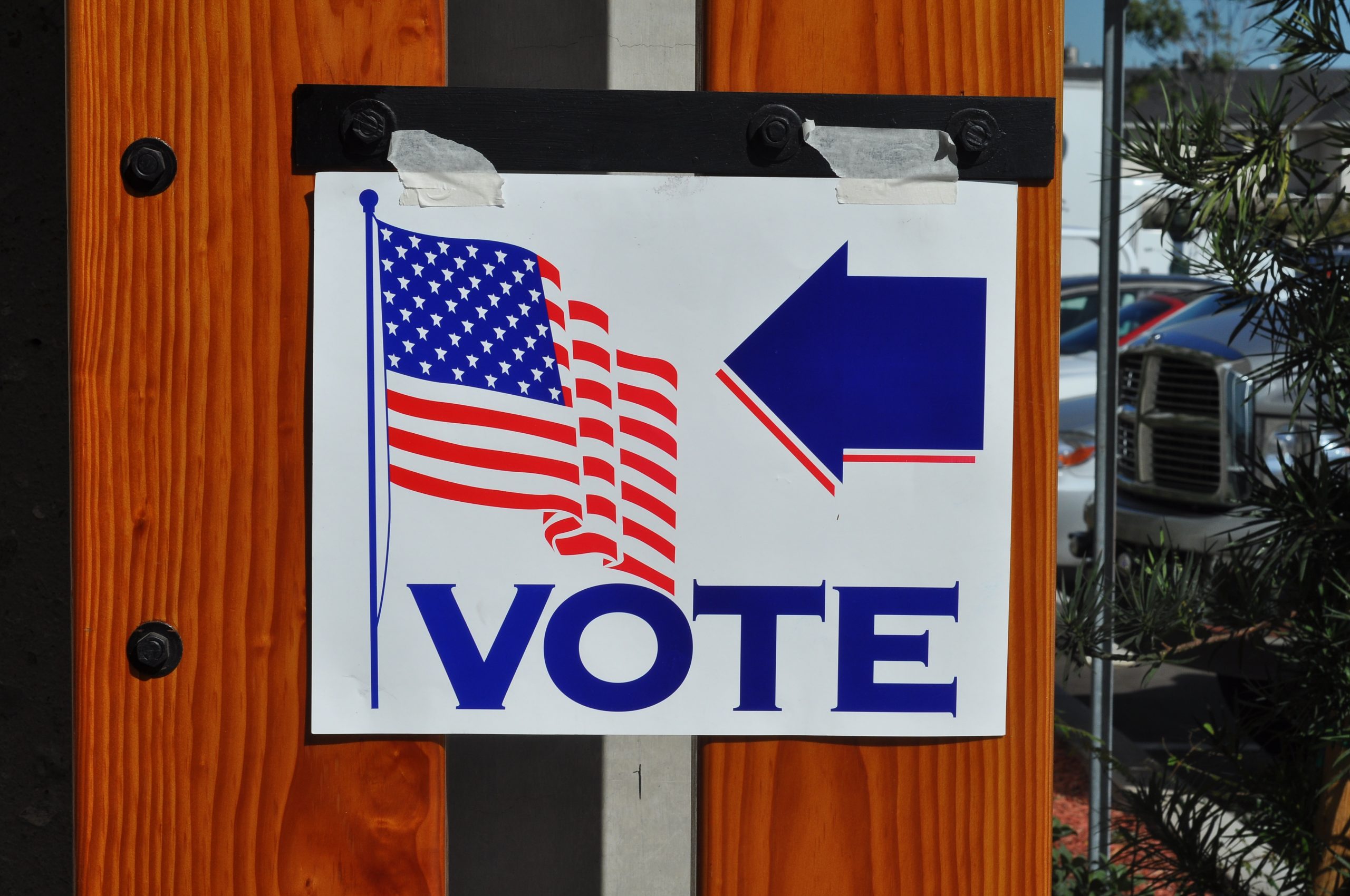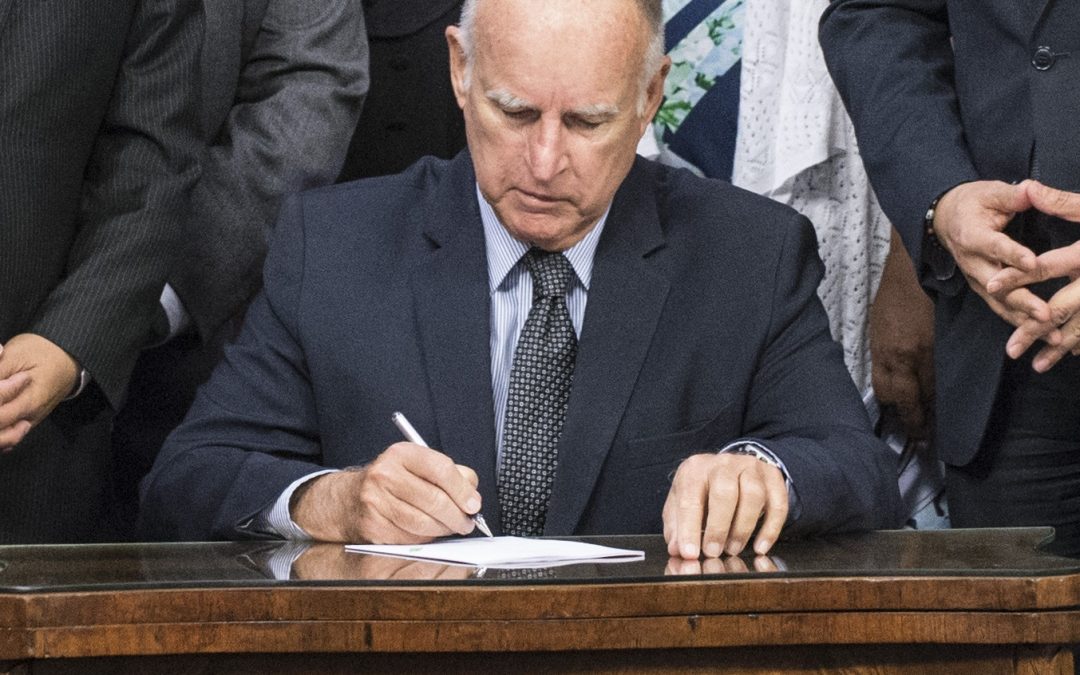
Bill to Make Uncontested Elections Unnecessary Is Itself Unnecessary
OPINION: SB-1128 Won’t Do Much Because Existing Statutes Already Permit Acclamation
By Jules Zalon, September 7, 2018 6:30 am

Did the Legislature – in passing SB-1128 and sending it to the governor – just waste a lot of time drafting a bill that was unnecessary? Following traditional rules of statutory interpretation, that may well be the case.
It all depends upon how Civil Code §5100 is interpreted. Subsection (a) states flatly that “election and removal of directors … shall be held by secret ballot ….” However, subsection (d) seems to limit the statute’s reach to one class of elections: direct membership votes:
(d) The procedures set forth in this article shall apply to votes cast directly by the membership . . . .
The question here is whether §5100 applies to an alternate method of choosing directors. For example, if a homeowners association (HOA) by-laws provided that in the event of an uncontested election, the candidate(s) would be “declared elected,” there would be no “vote . . . by the membership” at all.
Apparently being advised by their attorneys that a formal election is required in all circumstances, Laguna Woods Village spent – some would say, wasted – a total of $60,000 last year on several uncontested elections, an exercise that one of their HOAs is currently repeating: Third Mutual has three candidates vying for just three vacancies; yet, they are conducting another formal secret ballot election.
To head off even further recurrences, Laguna Woods Village championed a furious lobbying effort that resulted in the passage of SB-1128, which now awaits the governor’s signature. That bill, inter alia, specifically authorizes election by acclamation in uncontested situations, albeit pursuant to a quite complicated formula.
But whether this bill is even necessary is subject to serious doubt. Third Mutual has a by-law that addresses that very situation:
If after the close of nominations, the number of nominees is equal to or less than the vacancies, those nominated and qualified shall be declared elected.
Those who argue against having to conduct a formal uncontested election point to numerous “canons of statutory interpretation,” the hierarchy of rules judges use to interpret ambiguous statutes. Several of these rules appear to solidly support their argument, including two of the most oft-cited canons: (a) the “rule against surplusage” and (b) “Expressio unius est exclusio alterius” (The express mention of one thing excludes all others).
The “rule against surplusage” directs courts to “[give] meaning to every word and phrase in the statute.” Here is how the California Appellate Division put it in Watkins v. Real Estate Comm’r, 6 Cal. Rptr. 191: “A cardinal rule of construction is that every word in a statute is presumably intended to have some meaning and that a construction making some words surplusage is to be avoided.”
But to hold that §5100(a) applies to “all board ‘elections” would logically render the phrase in subsection (d), “votes cast directly by the membership” (just one way of choosing directors) meaningless, since those “direct membership votes” would necessarily be included in the more general language of subsection (a) that requires that “election [meaning all elections] . . . of directors … shall be held by secret ballot.” Applying this surplusage rule would require a court to find meaning in the first 16 words of subsection (d) (quoted above). And the only way of doing that would be to interpret it as limiting the general language of subsection (a) to that specific situation: a direct membership vote. Viewed that way, Third’s by-law was perfectly consistent with §5100 and should have avoided a membership vote.
“Expressio unius” would seem to compel a similar conclusion, since the doctrine creates a presumption that when a statute designates certain persons, things, or manners of operation, all omissions should be understood as exclusions. [Scalia & Garner, Reading Law 107 (2012)] Since subsection (d) specifically addresses “votes cast directly by the membership,” seating directors via a totally different mechanism (declaration pursuant to a by-law mandate) should logically be excluded from the statute’s reach, whose principal intent seems to be to guarantee the privacy of a voter’s preference. Thus, for yet another reason, §5100 should not have compelled Third to conduct a formal election.
If this alternate interpretation of §5100 is correct, the Legislature – in passing SB-1128 – may just have wasted a lot of time and effort; and in the process violated another California statute, Civil Code §3532, which provides that, “The law does not require the performance of idle (i.e., useless) acts.” Those arguing that subsection (d) already avoids a formal election would ask, what could be more useless than requiring a formal, secret, and expensive ballot when the outcome could be no different from the outcome directed by Third’s uncontested election by-law?
- Bill to Make Uncontested Elections Unnecessary Is Itself Unnecessary - September 7, 2018




